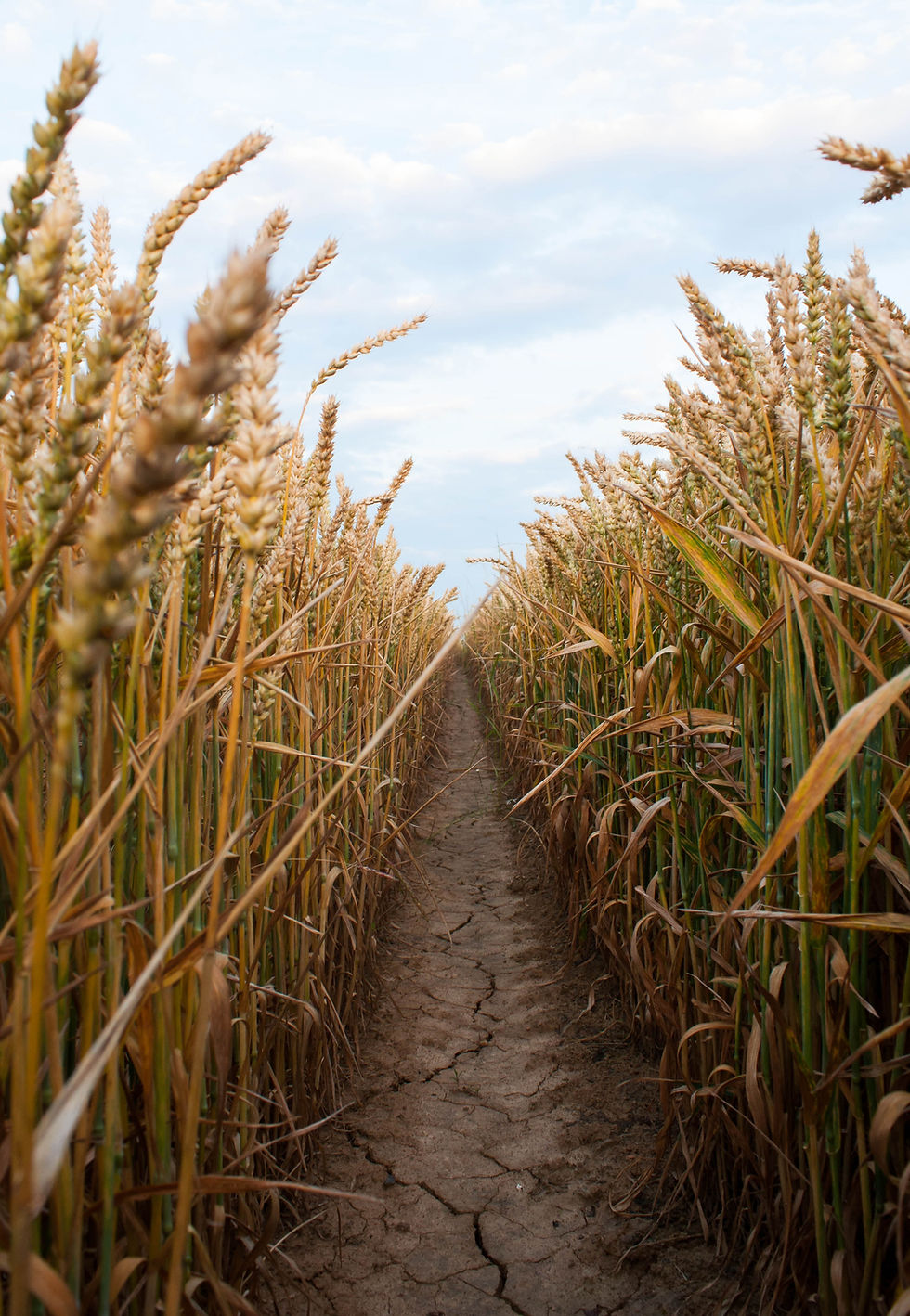God’s Providence Towards Un-fallen Man
- Dr. Ray E. Heiple, Jr.

- Oct 28, 2018
- 3 min read
Updated: Jan 4, 2020
Then the LORD God took the man and put him in the garden of Eden to tend and keep it. Genesis 2:15NKJ
Question 20 of the Larger Catechism asks, “What was the providence of God toward man in the estate in which he was created?” It gives the answer, “The providence of God toward man in the estate in which he was created, was the placing him in paradise, appointing him to dress it, giving him liberty to eat of the fruit of the earth; putting the creatures under his dominion, and ordaining marriage for his help; affording him communion with himself; instituting the Sabbath; entering into a covenant of life with him, upon condition of personal, perfect, and perpetual obedience, of which the tree of life was a pledge; and forbidding to eat of the tree of the knowledge of good and evil, upon the pain of death.” Last week we looked at God’s providence concerning angels. This week we examine the providence of God toward man before he fell.
Notice the specific focus of the question. At this point the Catechism is particularly interested in describing God’s providence toward man “in the estate in which he was created.” Some theologians describe this as The State of Innocency, due to the fact that before man fell into sin, he had not yet been confirmed in righteousness but neither had he sinned, therefore man was innocent. Thus, the Catechism here lists many of the ways God provided and cared for man, after he had finished creating him in this innocent but unconfirmed state.
First, God placed man in “paradise,” which refers to the garden that God Himself had planted in Eden (Gen. 2:8). As the Scripture at the head of this article notices, God gave man work to do in the garden. Man was to “tend” and to “keep,” that is, “guard” the garden of God, being appointed by God to do this work. And we see how good God’s providence was toward man in this assignment to work in and protect God’s garden. For man was given all of the trees of which to eat, except only one. God was very clear in giving man this instruction, leaving no possibility of ambiguity. Thus Scripture states: “And the LORD God commanded the man, saying, “Of every tree of the garden you may freely eat; but of the tree of the knowledge of good and evil you shall not eat, for in the day that you eat of it you shall surely die” (Gen. 2:16-17). Man knew exactly what was given to and what was forbidden from him. This command comprised for man what the divines here call The Covenant of Life, in which man would live before God by his obedience and die by Him if he disobeyed.
Additionally, as man was made to rule over the animals, so God in His providence placed the creatures under man’s dominion. We see this providence actively at work as the animals are brought before man in order to receive from him their names (Gen. 2:19-20). God’s providence kept the powerful animals submissive and obedient to man’s every command. In a gift too wonderful to be adequately described, man was given the ordinance of marriage, again for man’s good, where he would reflect the unity of God in a creaturely way. Un-fallen man; both male and female; needed marriage in order to glorify God and enjoy Him forever in all of their activities.
The Catechism notes the communion un-fallen man had with God Himself. God would walk in the garden and man recognized the sound of God walking (Gen. 3:8). He had heard it before. Truly God dwelt with man and man with God. The Sabbath institution further taught man his ongoing need of reflecting God in all of his actions. Man was to work as God worked and rest as God rested. Though not explicitly stated here but implied by the blessing God put upon the seventh day, man was to engage in the weekly, holy worship of God. And as a sign and a seal of all of this good providence from God, man had the tree of life. The tree was a pledge and confirmation to Adam and Eve that they were God’s good creatures and had God’s abundant favor at all times and in every way. Indeed, God’s providence toward man was extremely generous and very good. We know that in The Fall man lost many of these gifts and those not lost are now corrupted by man’s sin and its effects. Yet in Christ, not only are these gifts restored, but greatly surpassed! In Christ our inheritance is secured and confirmed and can never be lost. We gain not only paradise on earth, but heaven itself to be our eternal home, and Christ to be our elder brother (Rom. 8:29; Heb. 2:11). Praise God for His providence which was, and is, and is to come!




Comments